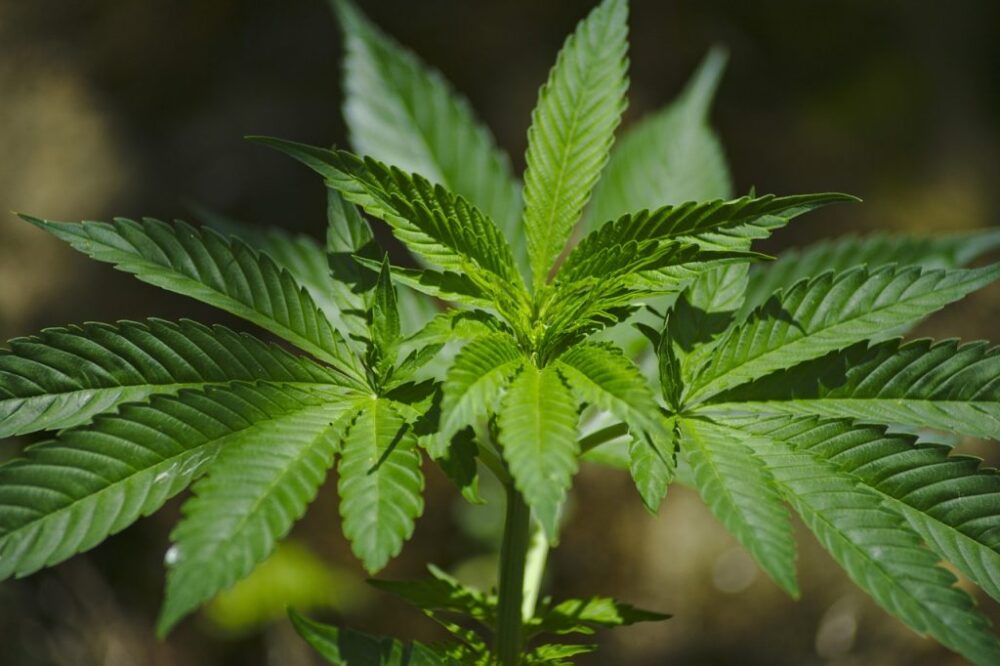The legal landscape surrounding cannabis has evolved significantly in recent years, with many countries introducing new laws and regulations governing its use, production, and distribution. This has led to a burgeoning global market for cannabis products, with importers and exporters facing a complex web of international laws and regulations.
Understanding the Differences Between Medical and Recreational Cannabis
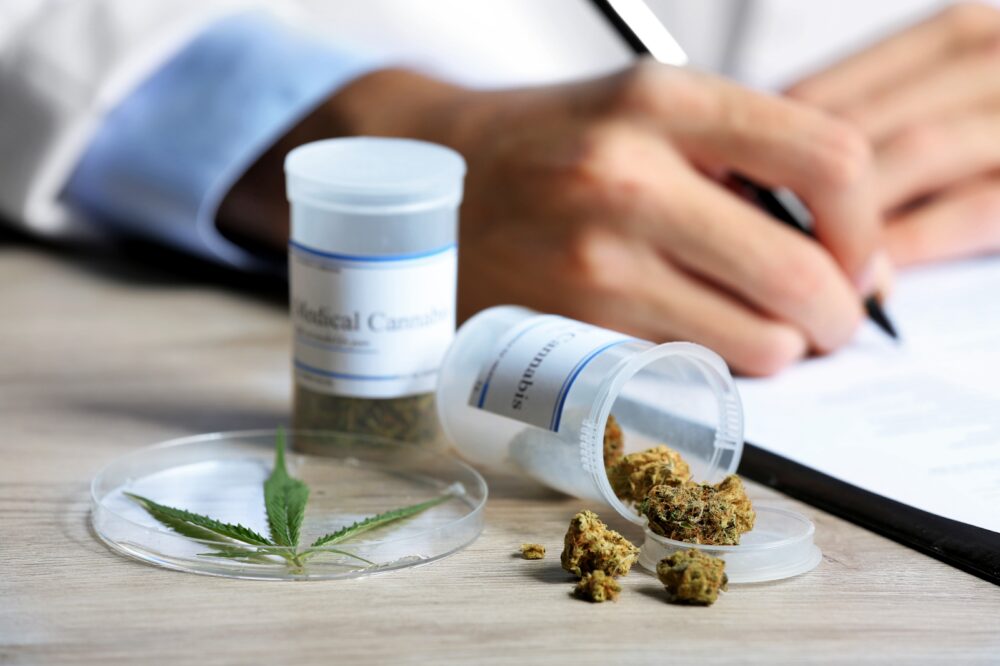
Source: relaxedclarity.com
Cannabis from WeGROW is used for various purposes, with the two primary categories being medical and recreational use. Medical marijuana typically refers to the use of cannabis or its derivatives for therapeutic purposes, such as managing pain, reducing inflammation, or treating specific medical conditions. On the other hand, recreational marijuana refers to the use of cannabis for non-medical purposes, often for relaxation, euphoria, or socialization.
The legal status of medical and recreational cannabis varies between countries, with some jurisdictions allowing for the regulated use of medical marijuana, while others permit both medical and recreational use. Importers and exporters must be aware of these differences and ensure that their operations comply with the specific regulations in each country they operate in.
Key International Organizations and Treaties Governing Cannabis Trade
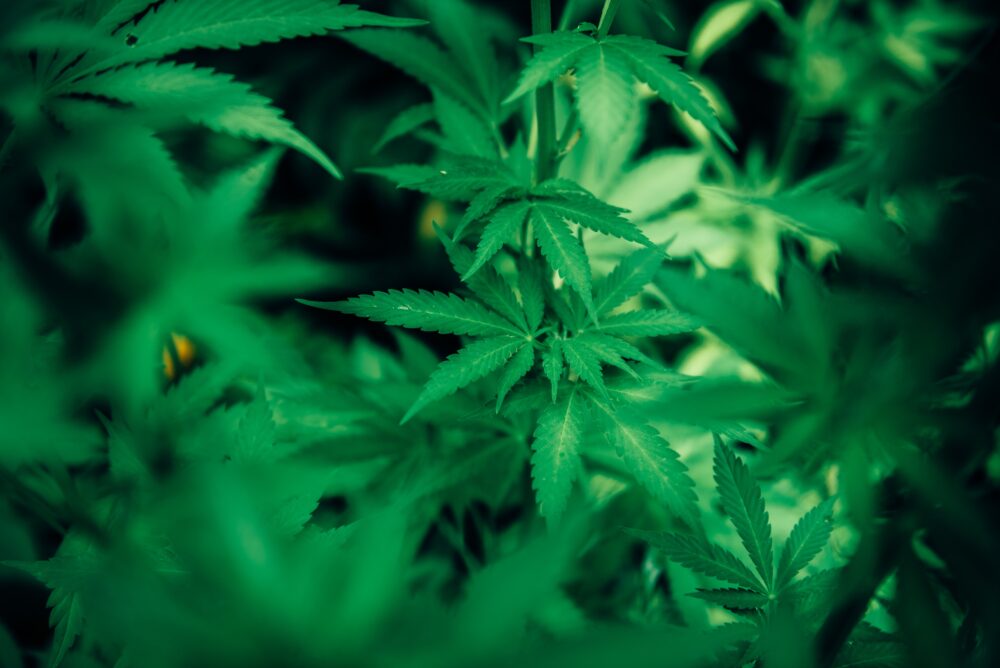
Source: blog.ipleaders.in
Several international organizations and treaties play a crucial role in shaping the global cannabis landscape. These include the United Nations (UN), the World Health Organization (WHO), and the International Narcotics Control Board (INCB). Key treaties that govern the international marijuana trade include:
- The Single Convention on Narcotic Drugs (1961): This treaty established a unified system for the international control of narcotic drugs, including cannabis. It requires signatory countries to limit the production, distribution, and use of marijuana for medical and scientific purposes.
- The Convention on Psychotropic Substances (1971): This treaty extends the control system to psychotropic substances, including synthetic cannabinoids.
- The United Nations Convention Against Illicit Traffic in Narcotic Drugs and Psychotropic Substances (1988): This treaty seeks to combat drug trafficking by imposing obligations on countries to criminalize certain activities related to the illicit drug trade.
Country-Specific Cannabis Regulations: A Snapshot
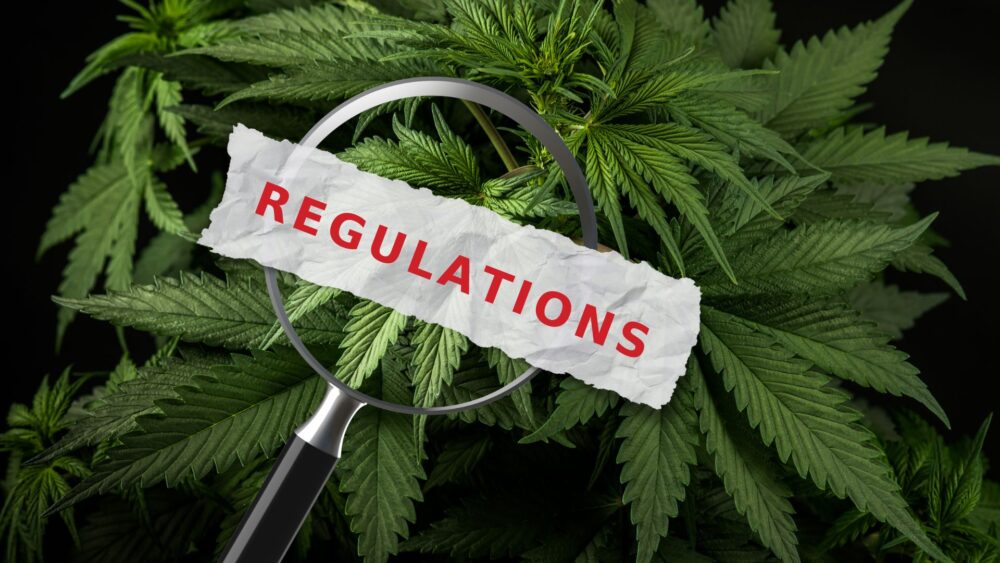
Source: plantcelltechnology.com
Cannabis laws and regulations vary significantly from one country to another, with each jurisdiction implementing its own unique approach. Some countries, such as Canada and Uruguay, have fully legalized marijuana for both medical and recreational use. Many European countries, including the Netherlands and Spain, have decriminalized marijuana possession and established regulated markets for medical cannabis.
In the United States, cannabis remains federally illegal, but individual states have implemented their own policies, with some states permitting medical use, others allowing recreational use, and some maintaining strict prohibition.
Import and Export Licensing Requirements for Cannabis Products
Obtaining the necessary licenses and permits to import or export cannabis is a critical aspect of operating in the international cannabis market. Importers and exporters must comply with the specific licensing requirements of each country they are working with. Some jurisdictions may require separate licenses for medical and recreational marijuana or have different licensing requirements based on the product type (e.g., flower, oils, or edibles).
In addition to obtaining import and export licenses, businesses must also comply with other relevant regulations, such as obtaining permits for the transportation and storage of products and ensuring that all necessary taxes and duties are paid.
Compliance with International Quality and Safety Standards
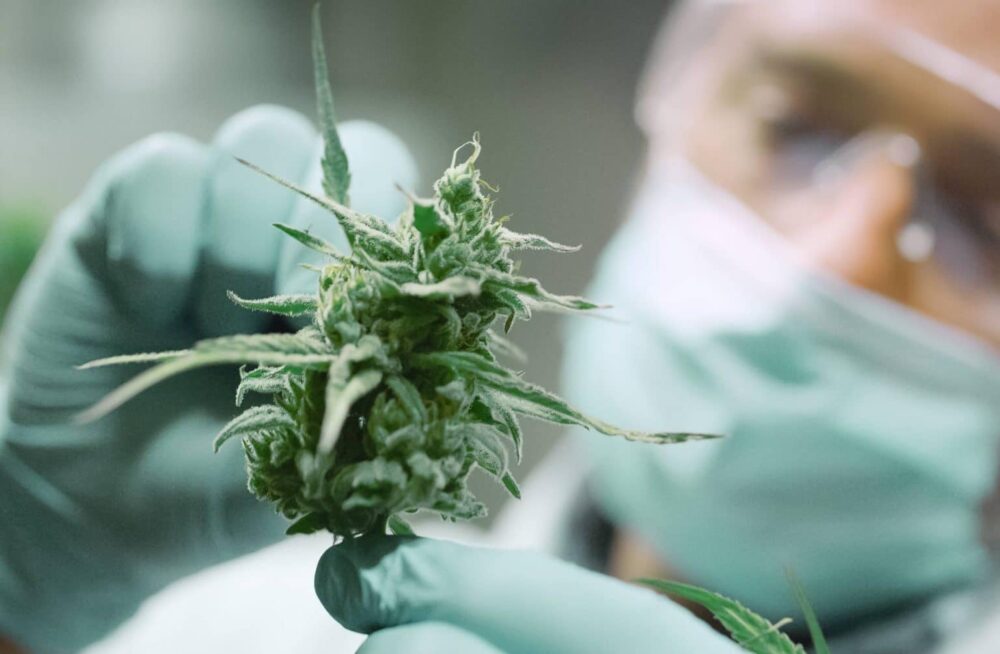
Source: cannabislicenseexperts.com
Ensuring that marijuana products meet international quality and safety standards is crucial for importers and exporters. This may involve complying with guidelines established by organizations such as the WHO or adhering to Good Manufacturing Practices (GMP). Some countries may also have their own specific quality and safety requirements, such as pesticide limits or labeling requirements.
It is essential for importers and exporters to conduct thorough due diligence on their suppliers to ensure that their products meet these standards. This may involve conducting on-site audits of production facilities, reviewing product testing data, and verifying compliance with relevant regulations.
Navigating Customs and Border Control Issues
Crossing international borders with cannabis products can be challenging due to differing laws and regulations across jurisdictions. Customs and border control officials may detain or seize marijuana products that do not comply with local laws or regulations. Importers and exporters must ensure that all necessary documentation and permits are in place and that they comply with all relevant customs and border control procedures.
It is also important for businesses to be aware of any restrictions on the import or export of specific products, such as those containing high levels of THC. In some cases, businesses may need to work with a customs broker or legal counsel to navigate these complex issues successfully.
Intellectual Property and Brand Protection

Source: brandprotection-asia.com
As the global cannabis market grows, protecting intellectual property and brands becomes increasingly important. Importers and exporters must be aware of trademark and patent laws in each jurisdiction they operate in to avoid infringing on the rights of others. Businesses may also consider registering their own trademarks or patents to protect their intellectual property.
Additionally, importers and exporters must take steps to ensure that their products are not counterfeited or illegally distributed. This may involve implementing measures such as hologram labels, tamper-evident packaging, and product serialization to verify authenticity and prevent counterfeiting.
Risk Management and Due Diligence in the Cannabis Industry
The cannabis industry is subject to a range of risks, including legal, financial, and reputational risks. Importers and exporters must conduct comprehensive risk assessments and implement risk management strategies to minimize these risks.
This may involve working with legal counsel to ensure compliance with all relevant regulations, implementing financial controls and due diligence procedures to avoid money laundering and other financial crimes, and developing crisis management plans to mitigate reputational damage.
Legal Ramifications and Penalties for Non-Compliance
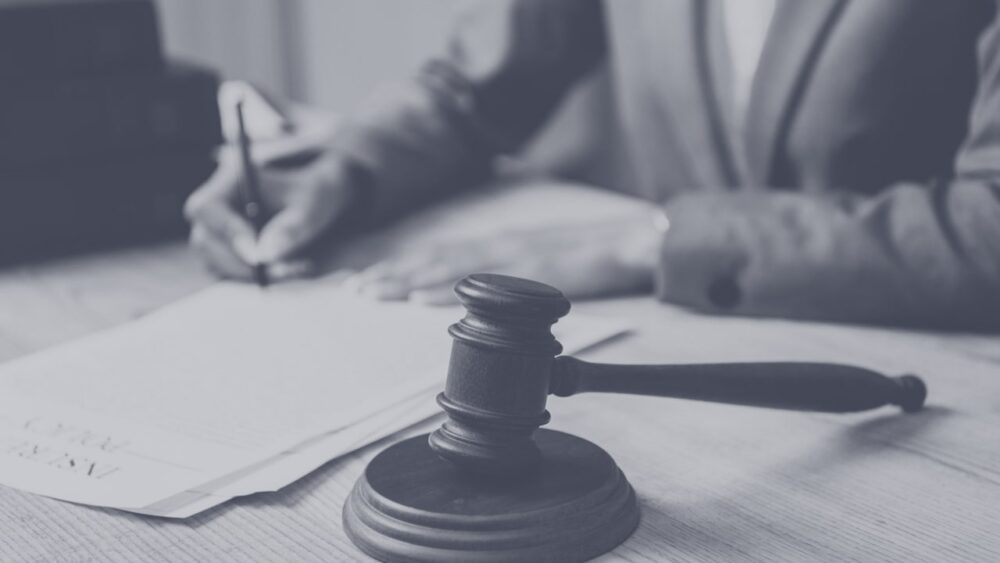
Source: cavelo.com
Non-compliance with international marijuana laws can have severe legal and financial consequences for businesses. Penalties for non-compliance may include fines, imprisonment, revocation of licenses, and reputational damage.
Importers and exporters must be aware of the specific legal ramifications of non-compliance in each jurisdiction they operate in and take steps to ensure compliance with all relevant regulations.
Resources and Support for Importers and Exporters in the Cannabis Industry
Several resources and support organizations are available to assist importers and exporters in navigating the international cannabis market. These include industry associations, legal and financial advisors, and trade organizations.
Importers and exporters should take advantage of these resources to stay informed of the latest regulatory developments and receive support in developing compliant and successful operations.
Conclusion: Navigating the Complex Landscape of International Cannabis Laws

Source: oasas.ny.gov
Navigating international cannabis laws can be a complicated and daunting task for both importers and exporters. However, with this guide as your roadmap, you can make sure that you are taking all the necessary steps to ensure compliance with local regulations. Remember to always stay up-to-date on relevant legislation and do business responsibly to guarantee safe transactions between countries. If in doubt, contact an experienced legal professional who specializes in the field of international marijuana law.


